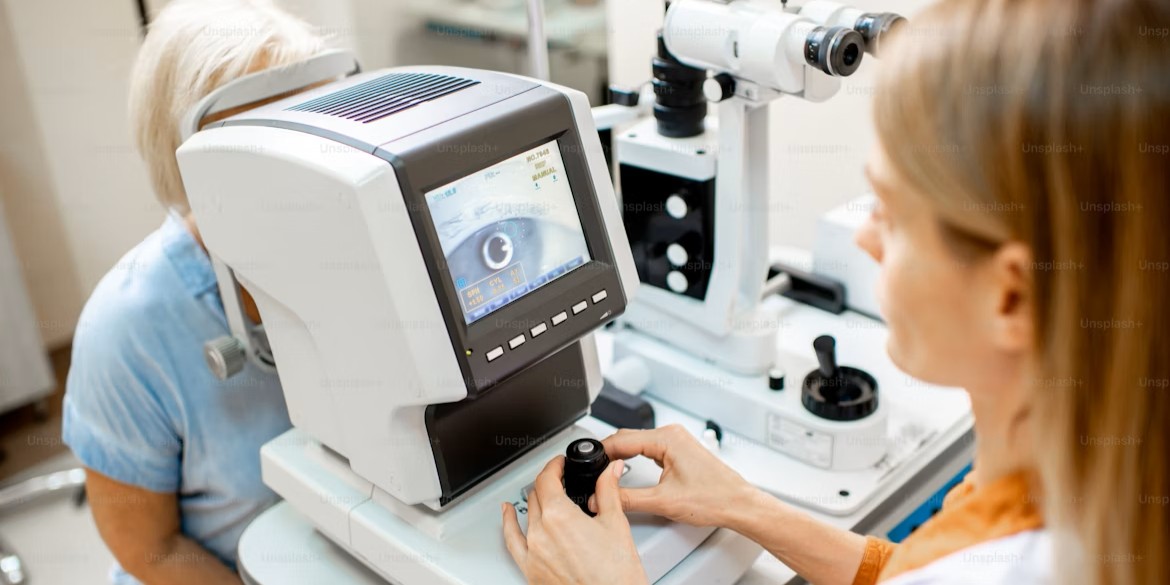Researchers at the University of California, Irvine, have made a groundbreaking discovery that could revolutionize the treatment of age-related vision loss. By targeting a gene called ELOVL2, often referred to as the “aging gene,” and restoring essential fatty acids in the retina, scientists believe they have found a potential method to reverse vision decline associated with aging. This discovery opens up new possibilities for treating conditions like age-related macular degeneration (AMD), which is one of the leading causes of blindness among older adults.
The research team conducted experiments using mice, which demonstrated promising results. The ELOVL2 gene is known for its role in producing certain fatty acids necessary for maintaining healthy vision. As people age, the function of this gene declines, leading to a decrease in the production of these vital fatty acids. This, in turn, contributes to the degradation of retinal cells and the onset of vision impairments. By restoring the production of these fatty acids, the scientists were able to reverse some of the damage caused by aging in the retina, suggesting that this technique could one day be used to treat similar conditions in humans.
Age-related macular degeneration, which affects millions of people worldwide, is a major cause of vision loss in older populations. It occurs when the cells in the macula, the part of the retina responsible for sharp, central vision, begin to break down. This condition can lead to severe vision impairment, making everyday activities like reading, driving, and recognizing faces difficult or even impossible. The new method discovered by UC Irvine researchers offers a potential therapeutic approach by targeting the underlying cellular mechanisms that contribute to the disease.
The results from the animal trials are encouraging, and while further research is needed to determine if the same effects can be achieved in humans, the findings represent a promising step forward. Scientists are hopeful that this breakthrough could lead to the development of treatments that not only halt the progression of age-related vision loss but may even restore lost vision.
This discovery also highlights the growing field of age-related research, which focuses on understanding and reversing the biological processes that contribute to aging. As the global population ages, the demand for innovative treatments for age-related conditions like vision loss is growing. With more studies like this one, researchers hope to uncover additional ways to improve the quality of life for aging individuals and address the challenges posed by age-related diseases.
In conclusion, the UC Irvine team’s research marks a significant step toward reversing age-related vision loss, offering new hope for millions of people suffering from conditions like macular degeneration. While there is still much to learn before this approach can be used in clinical settings, the potential for restoring sight in aging populations could transform the way we treat age-related diseases in the future.
Read Also: https://goodmorningus.com/fda-approves-first-ever-treatment-for-rare-eye-disease/

